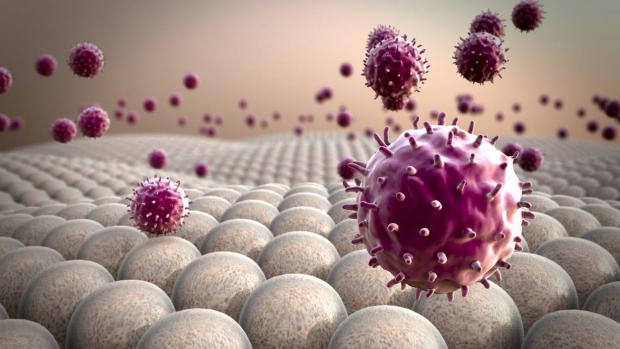
Breaking News
 Who Is ?@NickShirley?? | PBD Podcast | 710
Who Is ?@NickShirley?? | PBD Podcast | 710
 20 Cozy Ways to Celebrate New Year's Eve at Home
20 Cozy Ways to Celebrate New Year's Eve at Home
 The methylation switch: Scientists identify diet that can turn back the cellular clock
The methylation switch: Scientists identify diet that can turn back the cellular clock
 Americans are slaves for the wealthy elite's that write legislation along side corporations...
Americans are slaves for the wealthy elite's that write legislation along side corporations...
Top Tech News
 Laser weapons go mobile on US Army small vehicles
Laser weapons go mobile on US Army small vehicles
 EngineAI T800: Born to Disrupt! #EngineAI #robotics #newtechnology #newproduct
EngineAI T800: Born to Disrupt! #EngineAI #robotics #newtechnology #newproduct
 This Silicon Anode Breakthrough Could Mark A Turning Point For EV Batteries [Update]
This Silicon Anode Breakthrough Could Mark A Turning Point For EV Batteries [Update]
 Travel gadget promises to dry and iron your clothes – totally hands-free
Travel gadget promises to dry and iron your clothes – totally hands-free
 Perfect Aircrete, Kitchen Ingredients.
Perfect Aircrete, Kitchen Ingredients.
 Futuristic pixel-raising display lets you feel what's onscreen
Futuristic pixel-raising display lets you feel what's onscreen
 Cutting-Edge Facility Generates Pure Water and Hydrogen Fuel from Seawater for Mere Pennies
Cutting-Edge Facility Generates Pure Water and Hydrogen Fuel from Seawater for Mere Pennies
 This tiny dev board is packed with features for ambitious makers
This tiny dev board is packed with features for ambitious makers
 Scientists Discover Gel to Regrow Tooth Enamel
Scientists Discover Gel to Regrow Tooth Enamel
 Vitamin C and Dandelion Root Killing Cancer Cells -- as Former CDC Director Calls for COVID-19...
Vitamin C and Dandelion Root Killing Cancer Cells -- as Former CDC Director Calls for COVID-19...
Newly discovered metabolic mechanism could be an off-switch for inflammation

The discovery suggests manipulating this mechanism could essentially "switch off" inflammation, which the researchers hope could lead to the development of entirely new anti-inflammatory drugs to treat a host of auto-immune disorders.
When the body is working properly, inflammation is a good thing. It is our natural immune system response to help the body protect itself from harmful external stimuli. But sometimes inflammation can flare up out of control and result in a number of diseases, from simple allergies to more complex gastrointestinal disorders. Inflammation has also recently been suspected to be connected to everything from cancer to depression.
The best treatment we have today for an acute inflammatory flare-up is still an old-fashioned steroidal immunosuppressive drug. These drugs can sometimes have significant negative side-effects and stifle the immune system to such an degree that it makes the patient highly susceptible to other infections.



